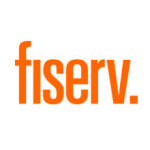New Bank Payment Obligation standards launched by Swift
Swift and the Banking Commission of the International Chamber of Commerce have introduced new legal and technology standards for the new Bank Payment Obligation payment instrument. The BPO allows buyers and suppliers to secure and finance international trade transactions. It provides the benefits of a letter of credit in an automated and secured environment, and […]



































































